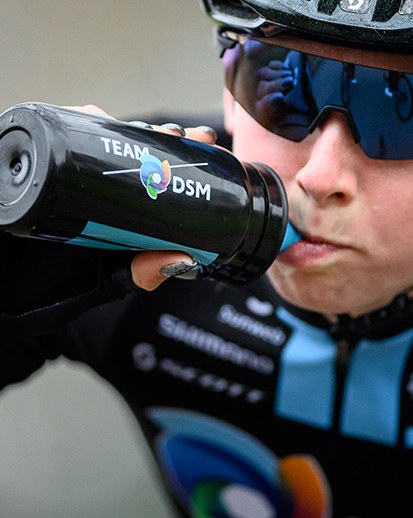Financial and reporting policy
As a basis for, and contribution to, effective risk management and to ensure that we are able to pursue our strategies, even during periods of economic downturn, DSM aims to retain a strong balance sheet and limit our financial risks.
Our strategy has ambitious targets, as outlined in Strategy. Within the context of this strategy, we aim to maintain a strong investment grade and a strong long-term credit rating.
Most of our external funding needs are financed through long-term debt. Debt covenants are not included in the terms and conditions of outstanding bonds and financing arrangements. We aim to spread the maturity profile of outstanding bonds in order to have adequate financial flexibility.
An important element of our financial policy is the allocation of cash flow. We primarily allocate cash to investments aimed at strengthening our business positions and securing stable, and preferably rising, dividend payments to our shareholders. Remaining cash flow is used for acquisitions, targeting investments predominantly in Nutrition and in line with our strategy. Share buy-backs will be considered in the absence of value-creating M&A opportunities.
Dividends are paid out in cash or in the form of ordinary shares at the option of the shareholders, with a maximum of 40% of the total dividend amount available for stock dividend.
In order to cover our commitments under the dividend policy and under management and employee option and share plans, we buy back shares insofar as this is necessary and feasible.
We continuously monitor and assess risks arising from currency exposures. It is our policy to hedge 100% of the currency risks resulting from sales and purchases at the moment of recognition of trade receivables and payables. Additionally, we may opt to hedge currency risks from firm commitments and forecast transactions. The currencies giving rise to these risks are primarily the US Dollar, the Swiss Franc, the Brazilian Real and the Chinese Renminbi.
We acquire businesses and enter into partnerships that add value in terms of technological or market competences. In addition, these businesses and partnerships are required to contribute to our cash earnings per share, as well as our profitability, sustainability and growth requirements. In the case of small innovative growth acquisitions, we consider their potential to contribute to these requirements in the future.
Our policies in the finance function are strongly oriented toward solidity and reliability of reporting, as well as the protection of cash flows. The finance function plays also an important partner role to the business and supports business steering.
For detailed information on our tax policies, see Taxation at DSM on the company website.







